In the world of computer searches, there are big changes happening. Google, the industry leader, recently unveiled a significant shift: it will now display AI-powered summaries directly in search results. This change will likely have a big effect on how people use the internet, making it faster and easier to find information. However, it makes people worry about how it might change the way individuals visit websites and the financial health of sites that depend on ads for income.
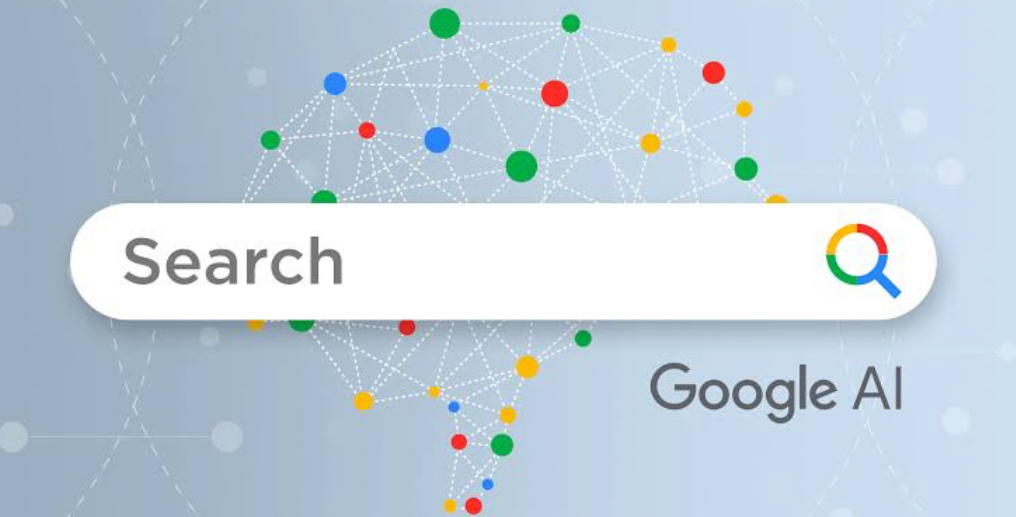
How is AI search growing?
We no longer have to scroll through endless lists of website links. Gemini is the code name for Google's new AI that looks at what people search for and puts short, useful descriptions at the top of search results. This feature caters to complex information searches, idea generation, and planning. Links and ads will still be around for simple questions like finding out the weather or suggesting a place. This merger is one of Google's biggest changes since its inception. It paves the way for a future where AI is a big part of the user experience.
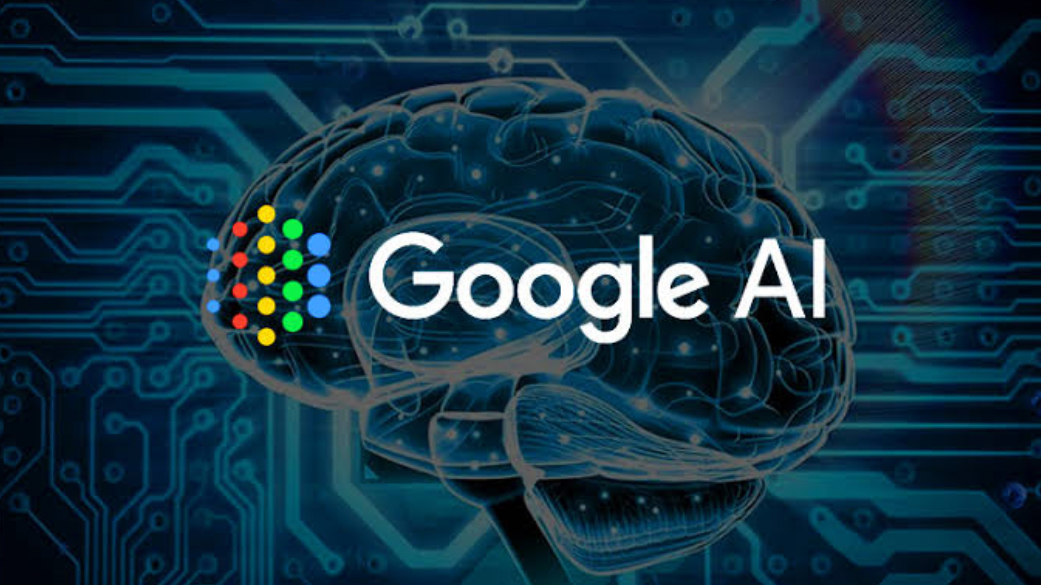
Advantages and chances
Supporters of AI search point out many benefits. To start, it makes it easier to gain knowledge. Users no longer have to go through a maze of websites to find solutions to complicated questions. Secondly, it encourages more in-depth research. Google's CEO, Sundar Pichai, said that AI outlines can make people curious, which can lead them to do more research and learn more about a subject. This could benefit websites by attracting more interested visitors.
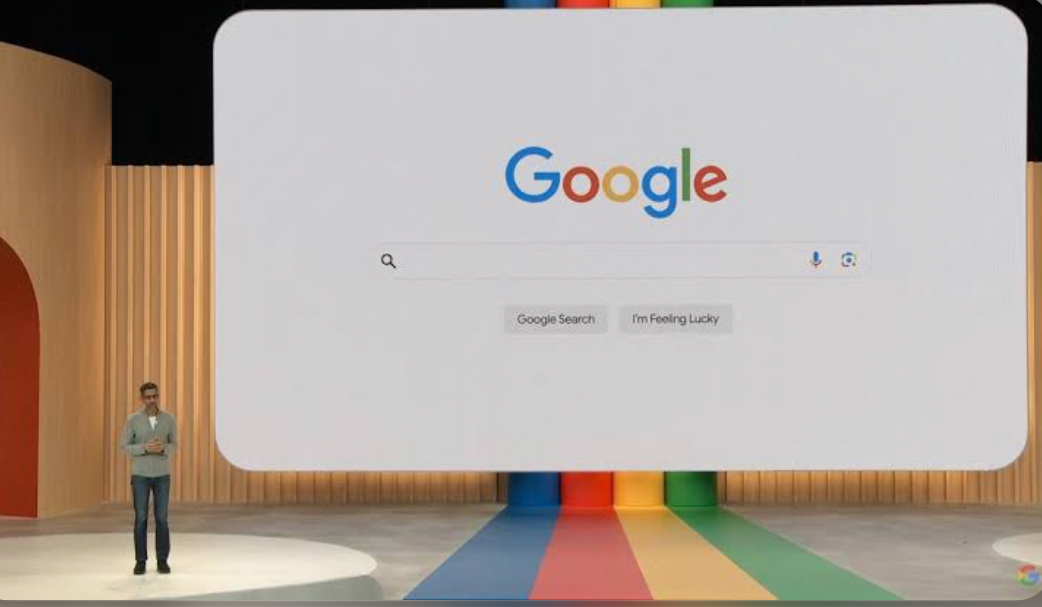
Problems and issues to consider
However, the addition of AI search raises several issues. What worries people the most is that web traffic might go down. If highlights are easy to find, users may be less likely to click through to individual websites. This could cause publishers and businesses that count on ad revenue to lose a lot of money. A study by Raptive, a business that helps websites make money, shows that removing the focus from website links could lead to a 25% drop in traffic.
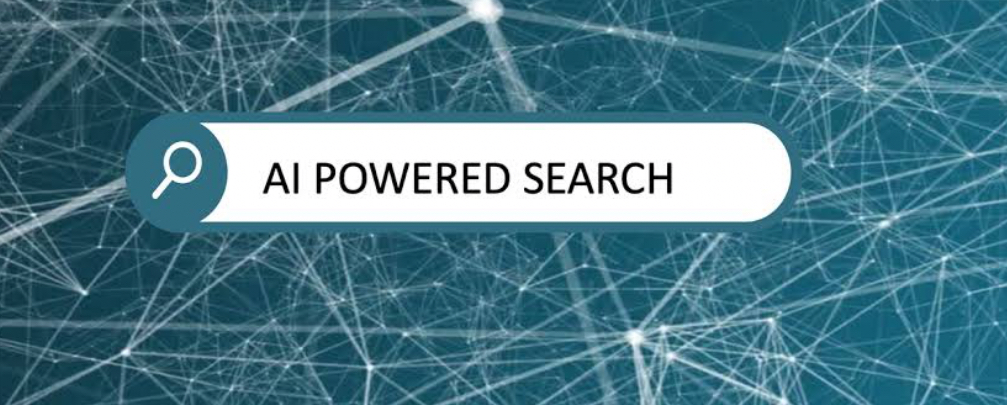
The Ethical Quandary
Aside from that, the legality of summaries created by AI raises social concerns. The technology uses a vast amount of information from current websites. The New York Times has sued OpenAI, a rival in the AI space, for copyright infringement as a result. If content authors believe their work is being used without payment, Google's AI summaries could be sued in the same way.
What's next for the search
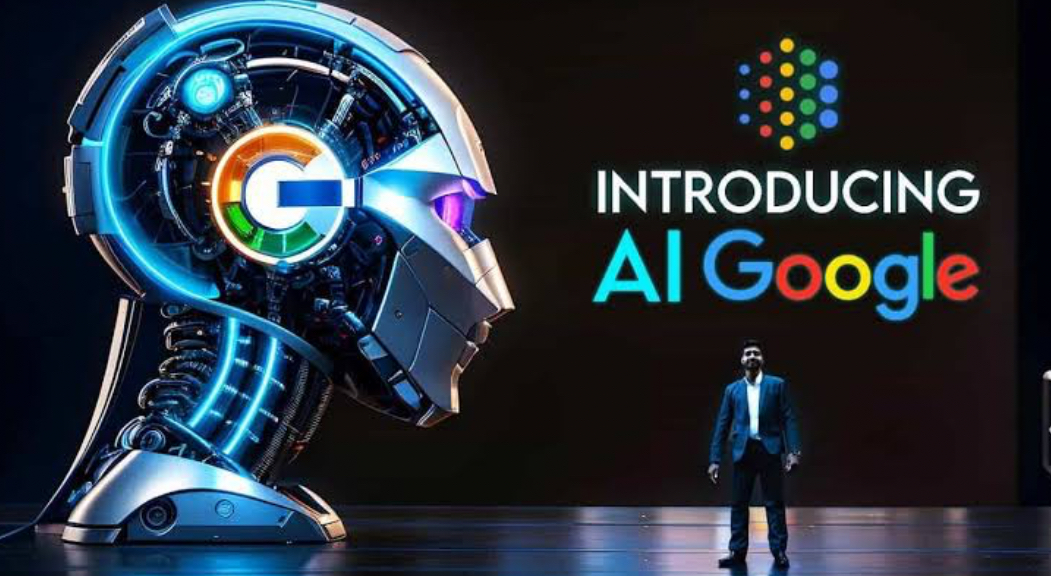
In spite of these problems, Google's move paves the way for the future of search. It's a turning point, says Jim Yu of BrightEdge, a business that specializes in website ranking. Google has to deal with three very important things at once: the quality of its searches, the amount of traffic to its websites, and how to make money from that traffic. It will be very important for AI searches to find the right mix between these factors.
What's Next
We won't know what the long-term effects of AI search will be until the next few years. Will it give people access to material that has never been possible before, or will it hurt the web's economy by accident? Google and its competitors must devise strategies to address these issues ethically and ensure equitable compensation for content creators. As AI keeps getting better, it will be very important for tech companies, publishers, and legal entities to keep talking and working together to create a world where innovation thrives and the web stays healthy and alive.
(Image Source: Multiple Agencies)
Inputs by agencies
Ⓒ Copyright 2024. All Rights Reserved Powered by Vygr Media.





















